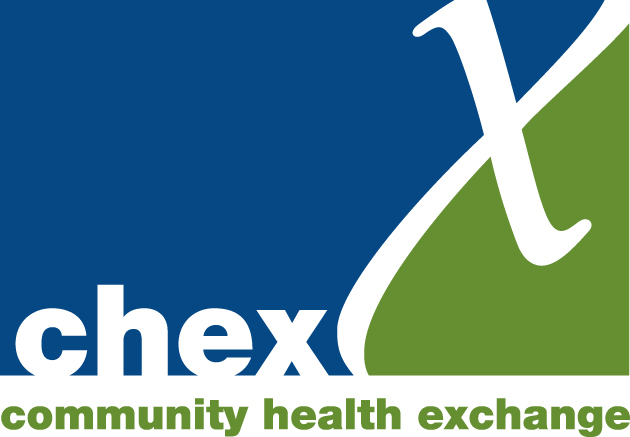Opinion: Where’s the outrage about Scotland’s worsening health inequalities?
/In this blog, SCDC Director Susan Paxton asks why reducing Scotland’s worsening health inequalities isn’t Scotland’s most urgent mission – and what needs to change to make this happen.
“Where's the outrage?”
That's the question that comes to mind each time I hear the statistics about growing health inequality in Scotland. With life expectancy stalling, and time in good health between the affluent and poor widening, we now know that after decades of improvement, things are going in the wrong direction.
The data around health inequalities paints a stark picture:
For women in the least disadvantaged parts of Scotland, healthy life expectancy is 72.3. But in the most disadvantaged ten percent of Scotland, it is only 47.4
The poorest men in Scotland can expect just 44.9 years in good health versus 71 years for the richest.
For this to be the reality – and worsening – in the UK, the world’s sixth largest economy, demands condemnation and soul searching about our society's priorities.
How these inequalities take shape
At a recent event we heard from Public Health Scotland’s Chief Executive Paul Johnston, who outlined how our health is made up of a range of factors.
Research indicates that 30% of our health is determined by health behaviours, whilst 70% is affected by broader, systemic factors. That means we need to urgently focus on tackling poverty, using the social security system effectively, building a preventative healthcare system, and delivering on our climate commitments.
It also means that so much of what good health looks like stems from the decisions made not in our communities, but in Westminster, Holyrood, council chambers and beyond. The levers of power determine what good health looks like more than any one person or community can.
For us, this is a message worth repeating again and again: political choices got us to where we are – whether it’s lack of investment, paternalistic decision-making, poor governance or excessive profit-making by already powerful actors. The persistence and worsening of inequalities is built into the the very fabric and structure of our society.
But if more people across society were listening to the same stark statistics and really understanding the widening gulf between life expectancy and years in good health, surely there would be more outrage? And maybe that might give us a better chance of more urgently doing something about it, socially, economically and politically.
Click to enlarge. Source: PHS
How community-led health organisations are responding
We know that community-led health organisations have a unique and measurable ability to respond to their communities’ priorities, something we highlighted when asked about Scotland's progress towards the Sustainable Development Goal for Good Health.
As an organisation deeply committed to advocating for community development approaches, we will always call for more resources for community organisations working with and supporting those who are at the sharp end of the effects of poverty and inequalities. They showed throughout the pandemic just what they can achieve by providing life-line support with agility, empathy and compassion.
But it's true that governments must act, too. It cannot be for the charitable sector to tirelessly, endlessly, deal with the impact of poverty and inequality in our society. No amount of food parcels is enough to address the fact that people cannot afford basic nutrition. Community organisations offering innovative approaches to supporting people cannot address the difficult and unequal access to mental health services in Scotland.
When community organisations are facing existential cuts to their funding, how can we argue that we also need to rely on them to provide the level of support that the state is increasingly unable to?
What needs to change
Despite the significant challenges we face, it’s worth remembering that this overwhelming task of creating a just and sustainable society can be achieved.
In our recent CHEX briefing we argued for more progressive individual and corporate taxation at a local and national level, proactive investment in preventive public services and proper, long-term funding for community organisations.
A laser-like focus on eradicating inequality should be the overriding mission for our governments. Inequality affects us all, and in an election year all political parties should be prioritising that message and what can be done to make change happen.
That means we need to shift our priorities and make the right political choices. In Scotland, we supported calls to significantly increase the Scottish Child Payment - a devolved benefit that directly targets child poverty which has positively mitigated Westminster’s two-child policy - but this was sadly not increased more than it could have been in the last Scottish budget.
So, where's the outrage?
We have enough levers. We know what works. Community organisations are doing all they can. Poverty and inequality are a stain on our society, and the political choices being made right now aren't good enough.
Where is the outrage? It's within us all, and we need to harness it and use the influence we have to collectively push for the change that’s so desperately needed. It would be truly tragic to think that this already widening gulf gets even worse in in the years to come.



